The day starts at 4.30am with a warning from first mate Alex.
"If you want to get off, now's your last chance," he says with a smile.
For non-boating types, heading miles out to sea in the dark on a fishing trawler may be a daunting prospect.
But for Alex Ham and his father Murray, it's their 9-5.
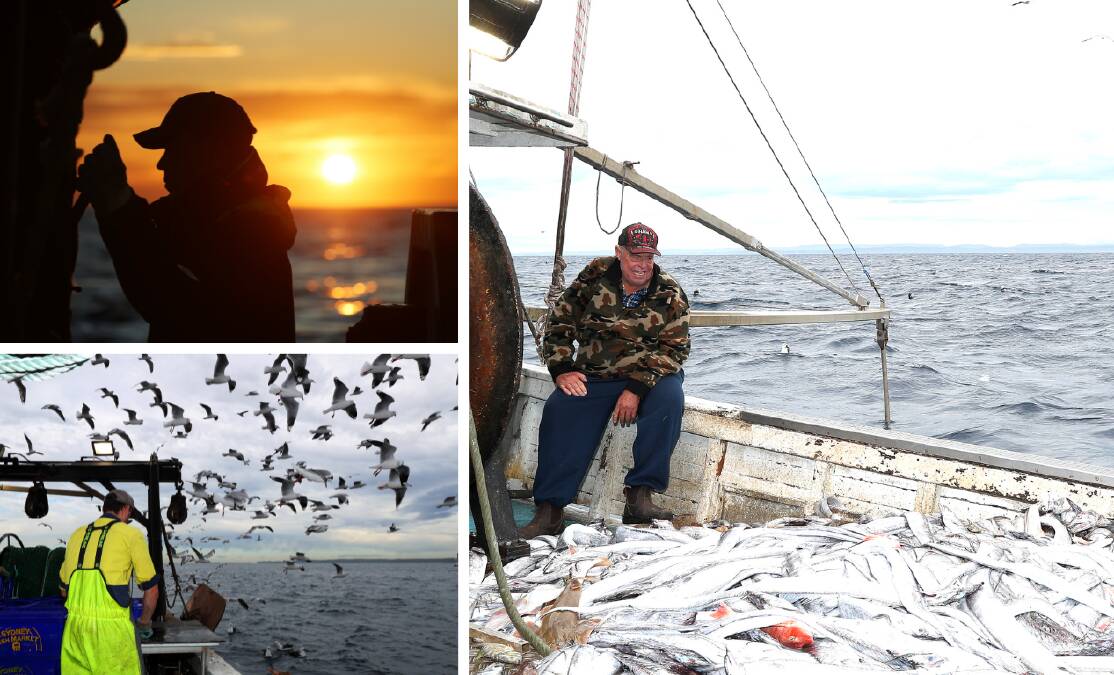
While some of us are awoken by alarm clocks, Murray says he's been woken up by whales.
"They push the boat around," the veteran fisherman says.
Instead of hand-feeding pets, Murray has hand-fed dolphins off the back of the boat.
"You get to know the dolphins," he said. "You see a lot of special stuff.
"I love it out here. It's a different world."
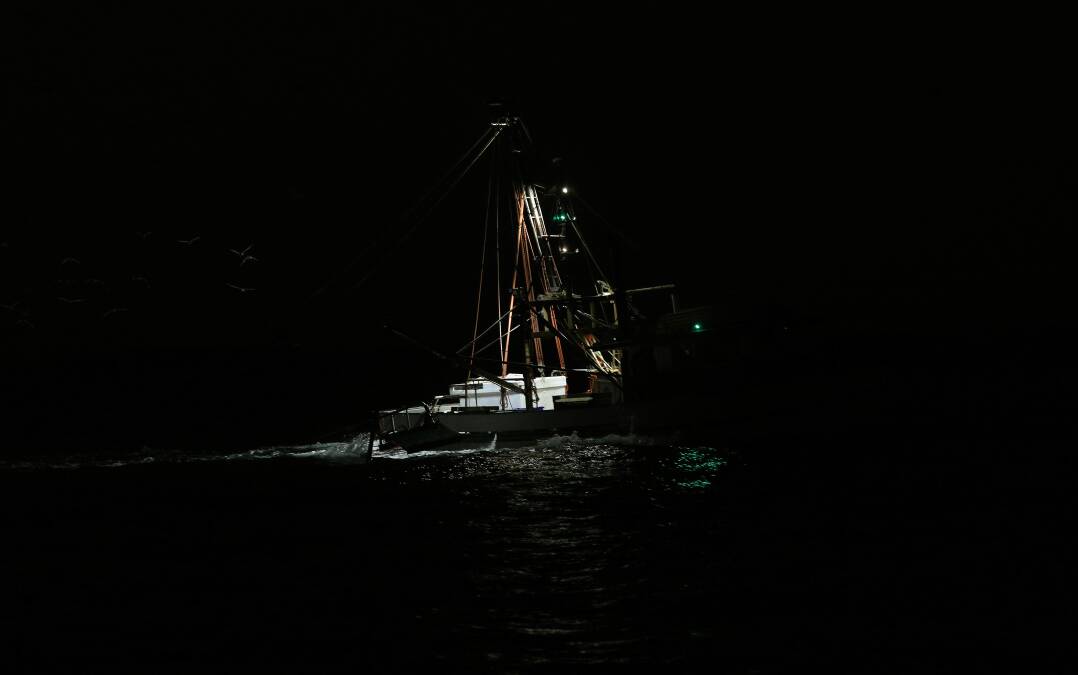

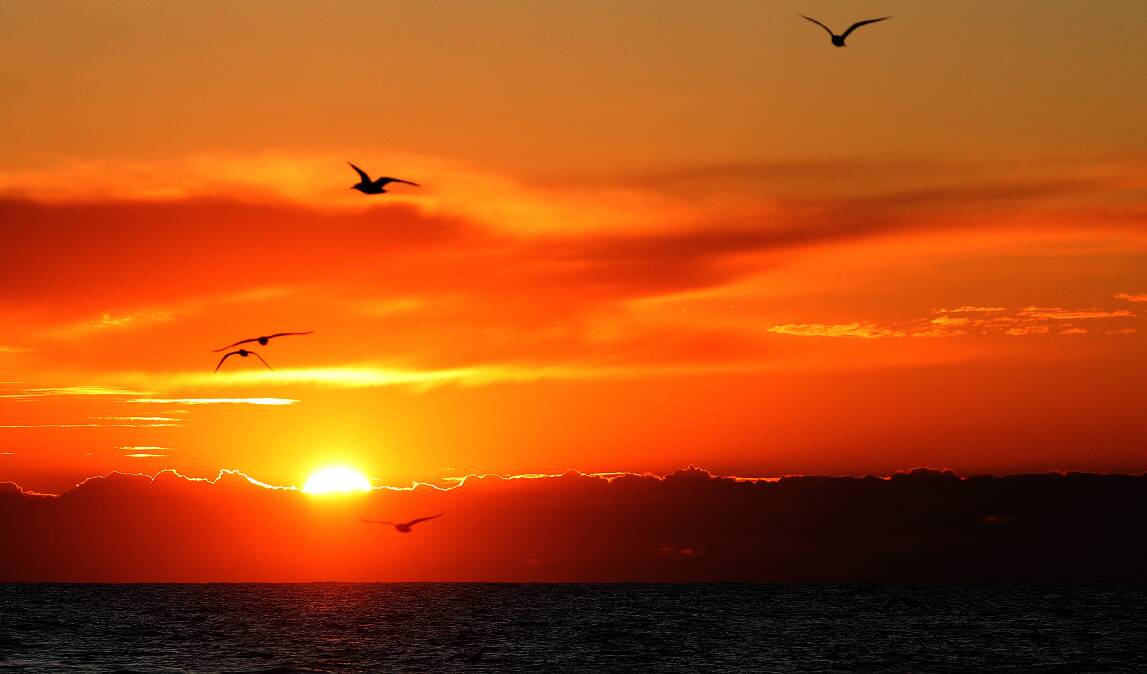
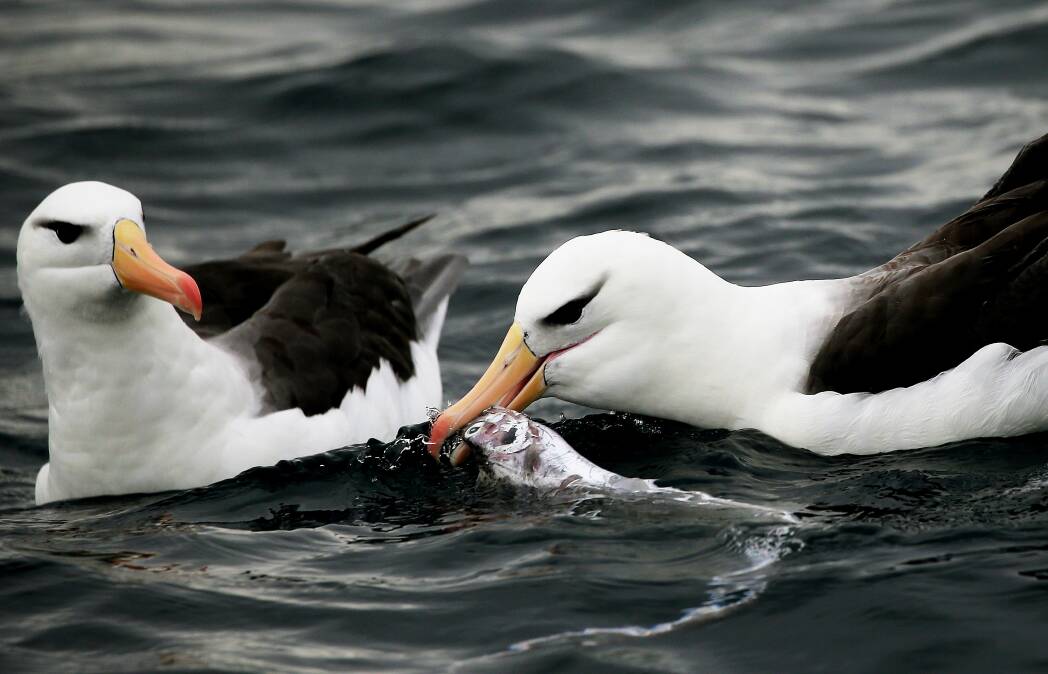
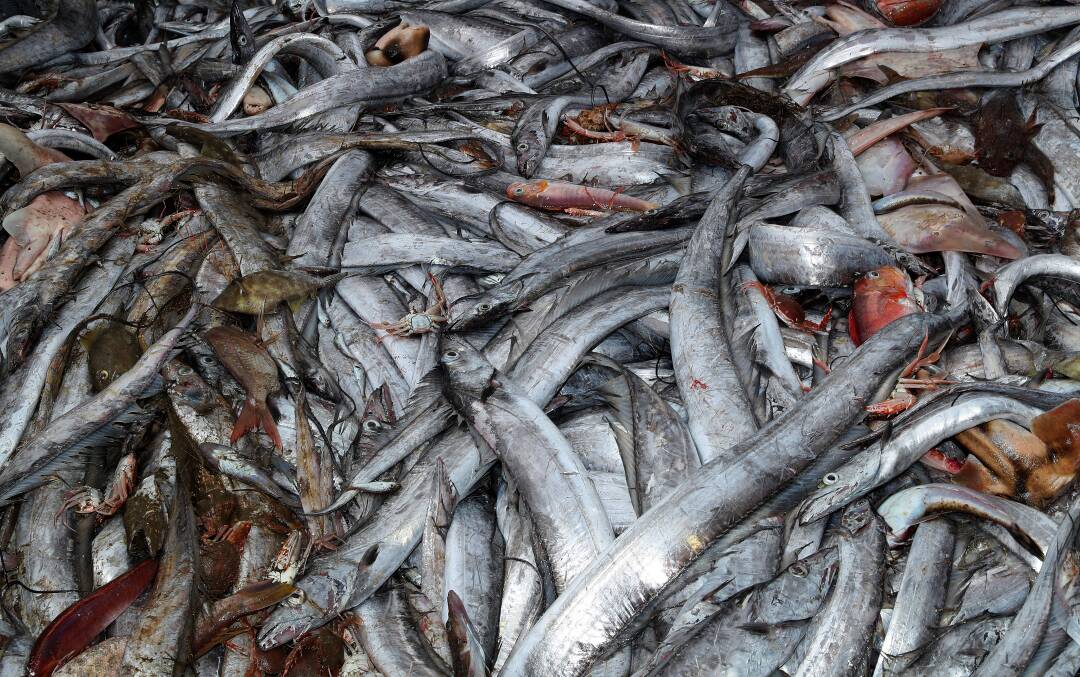

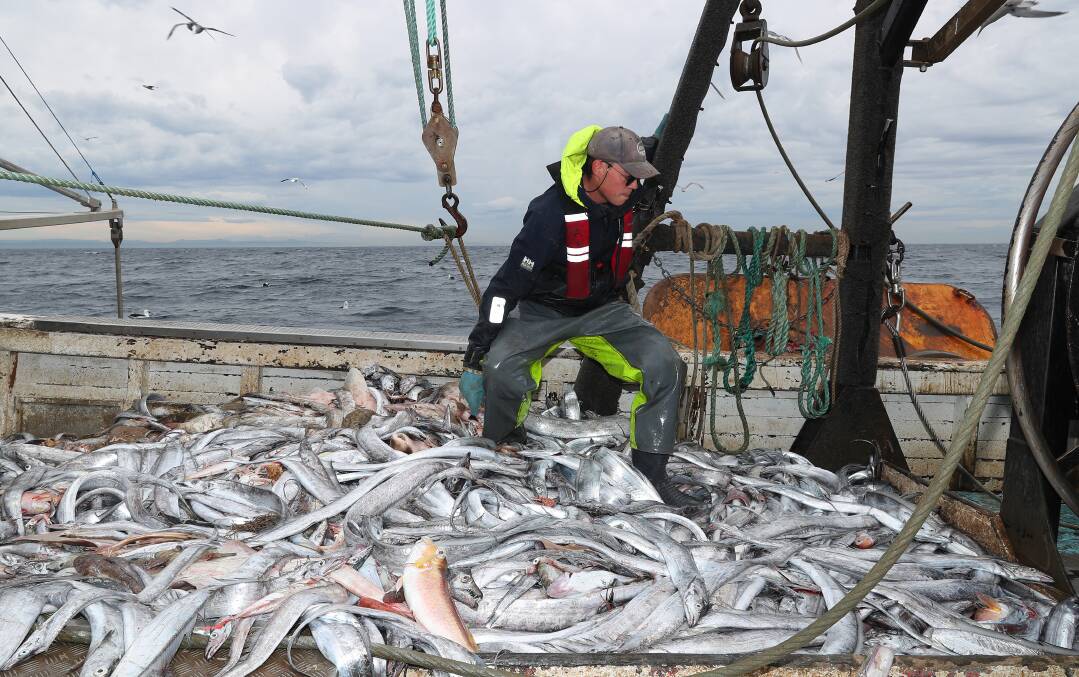
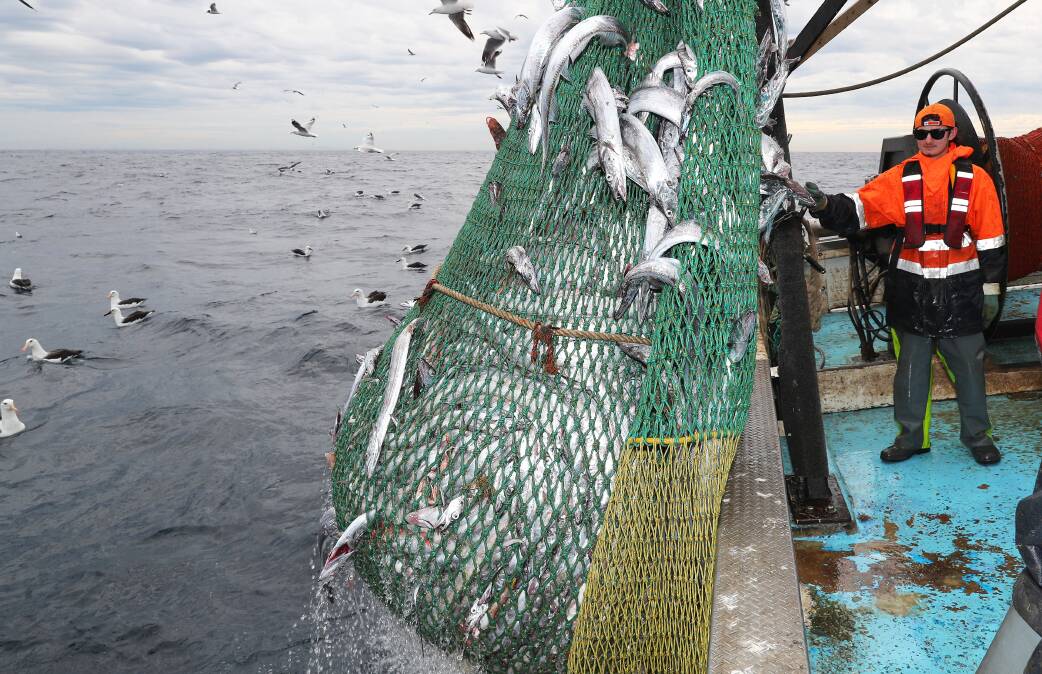

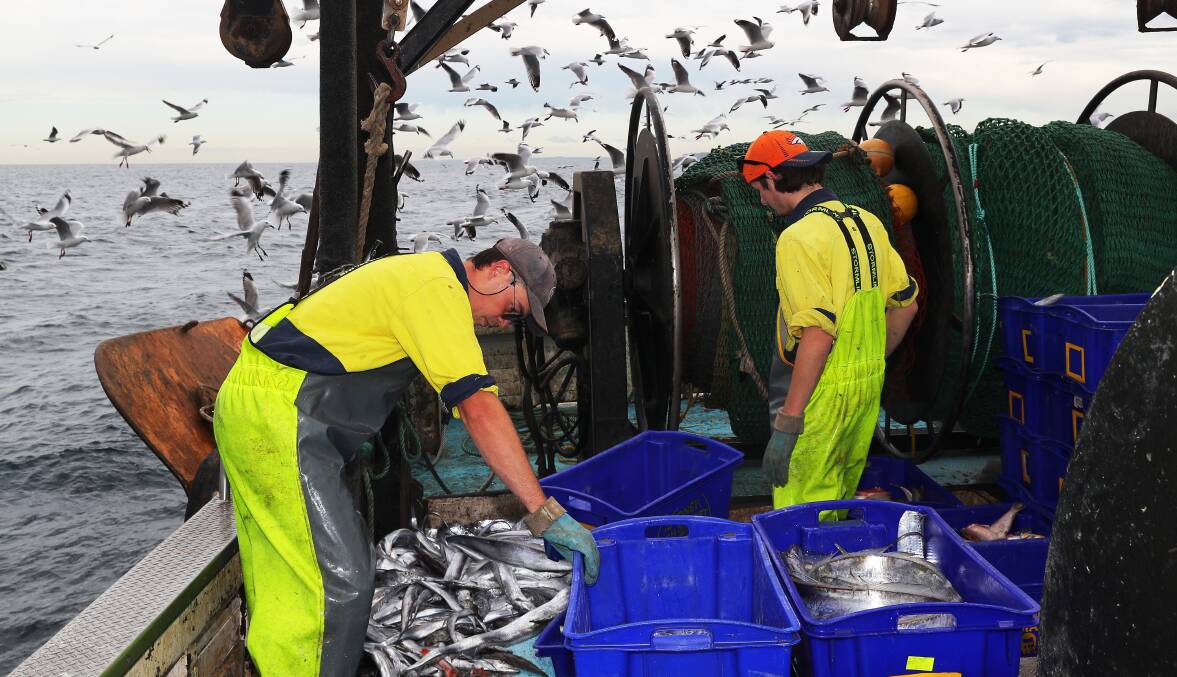
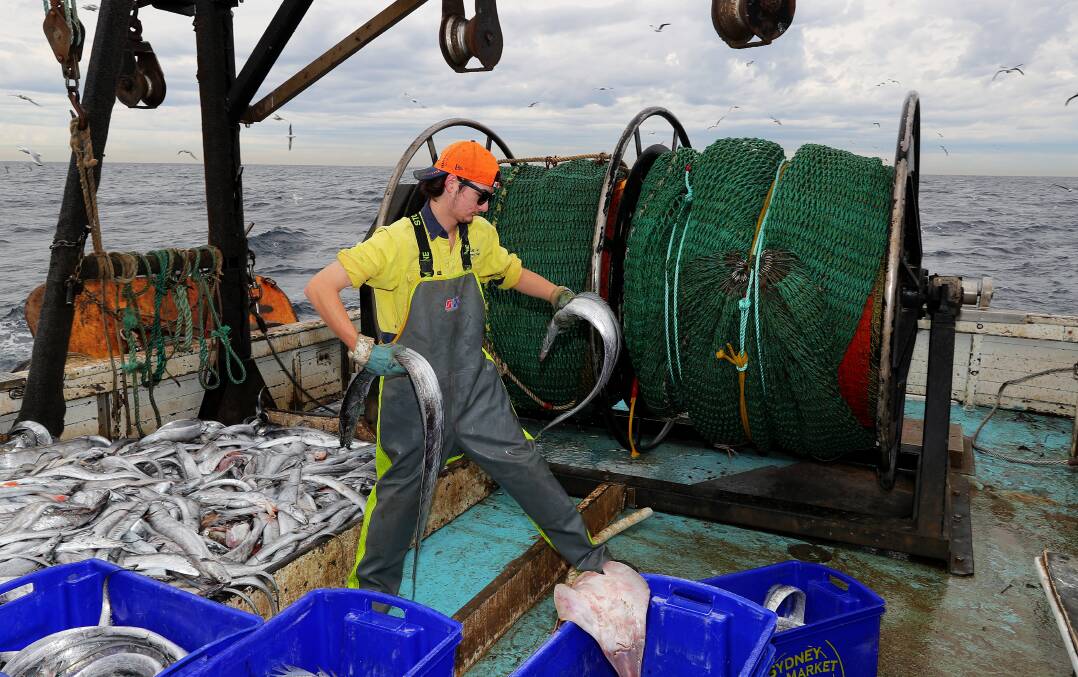


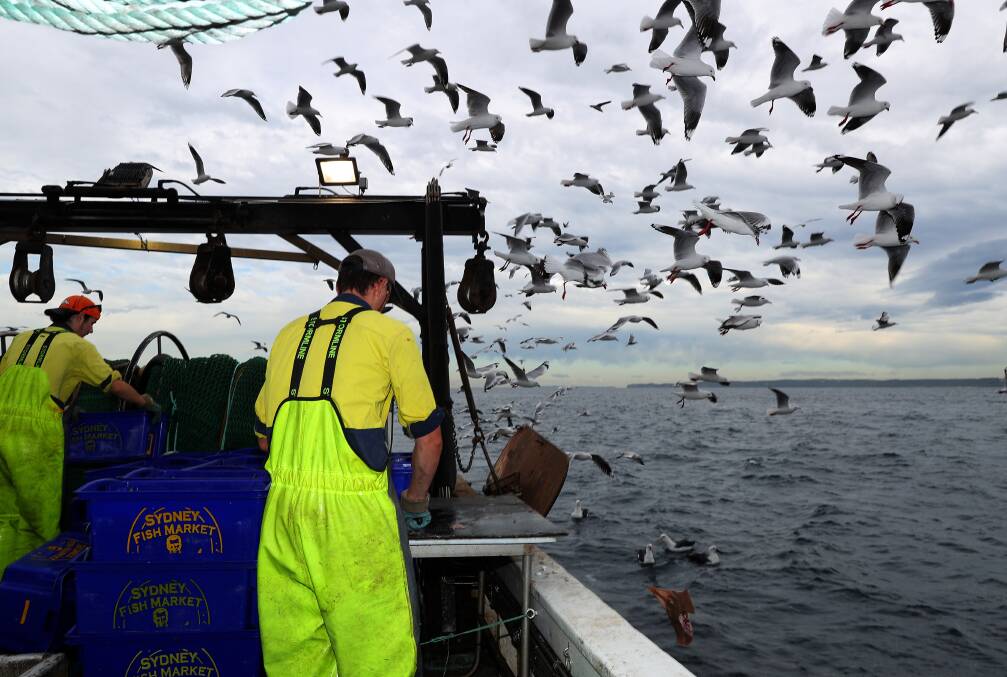

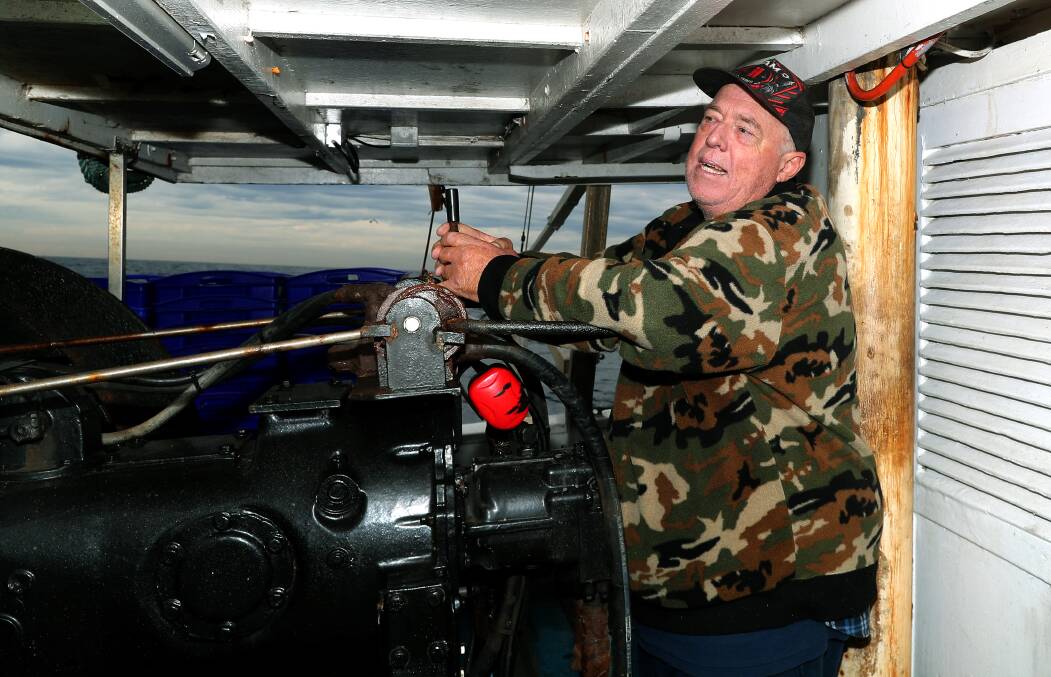
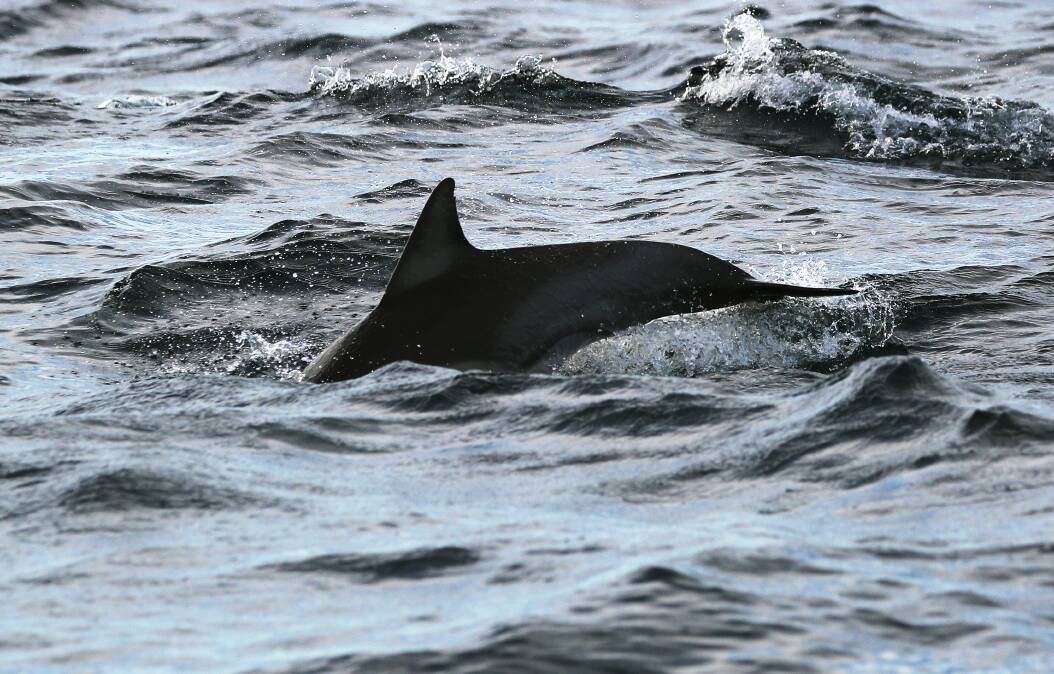
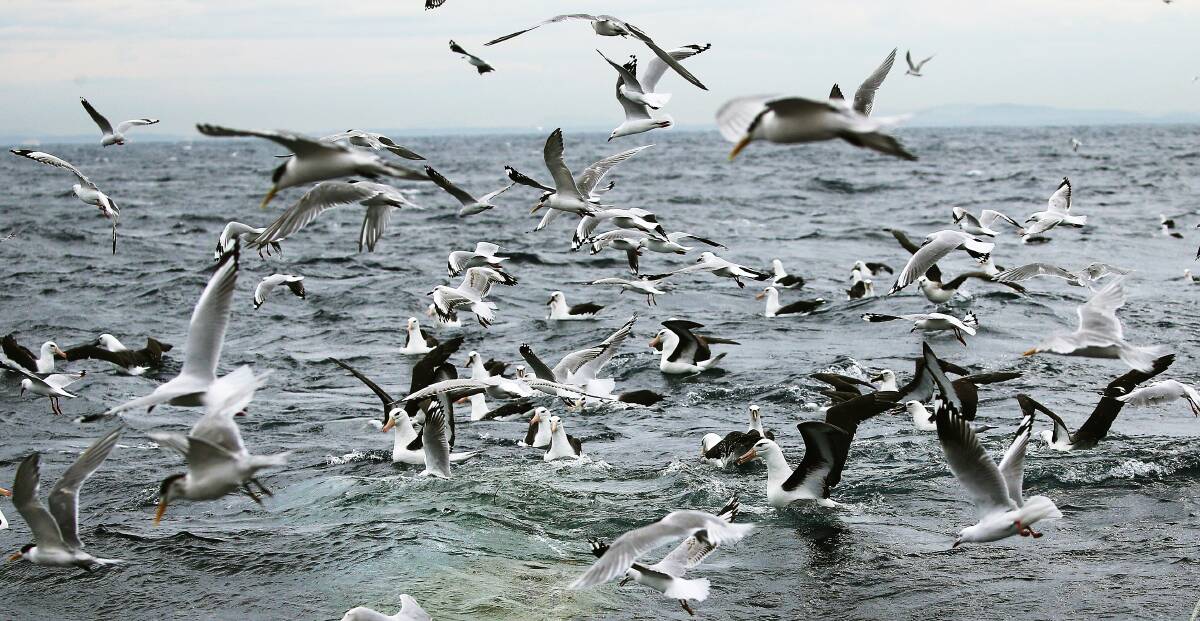
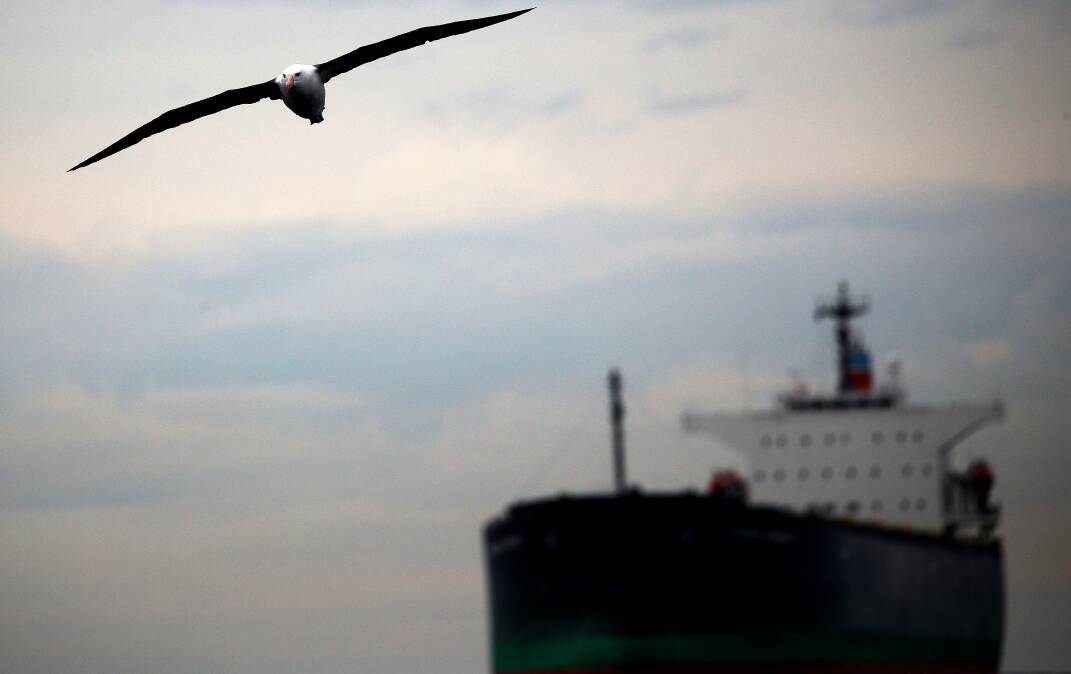
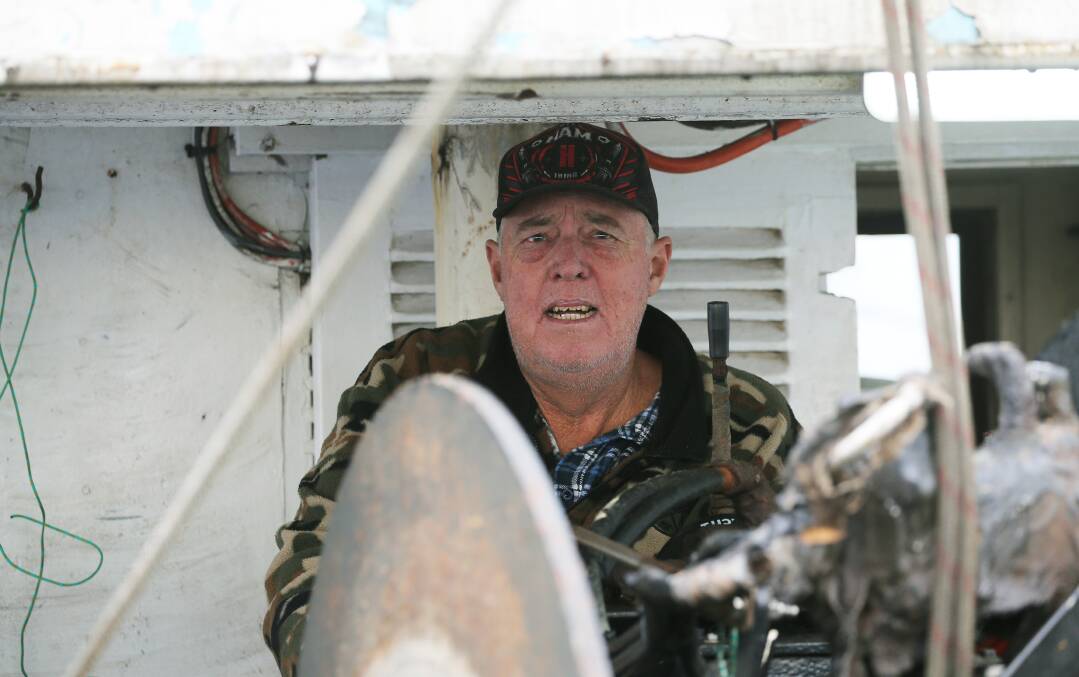
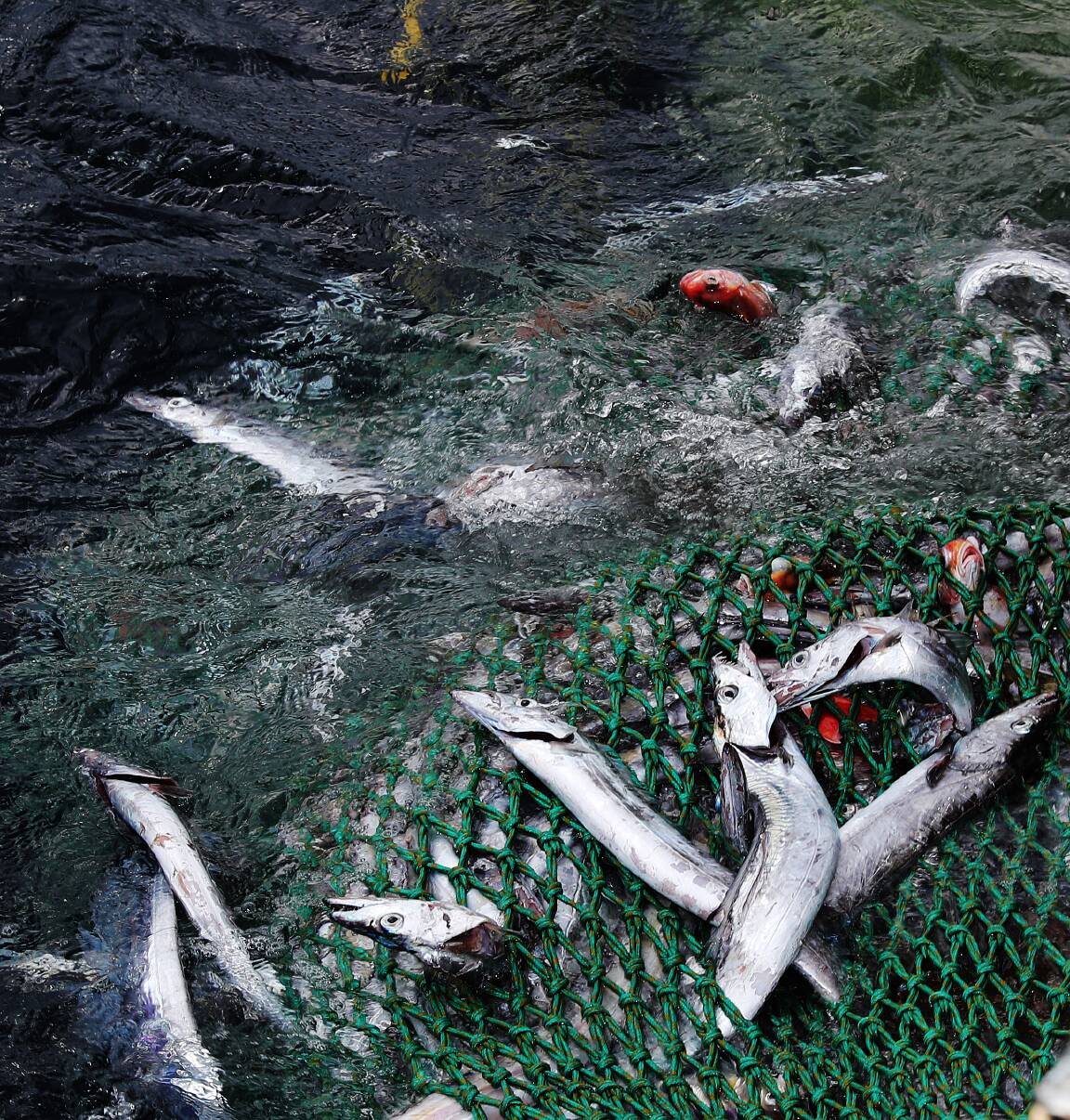
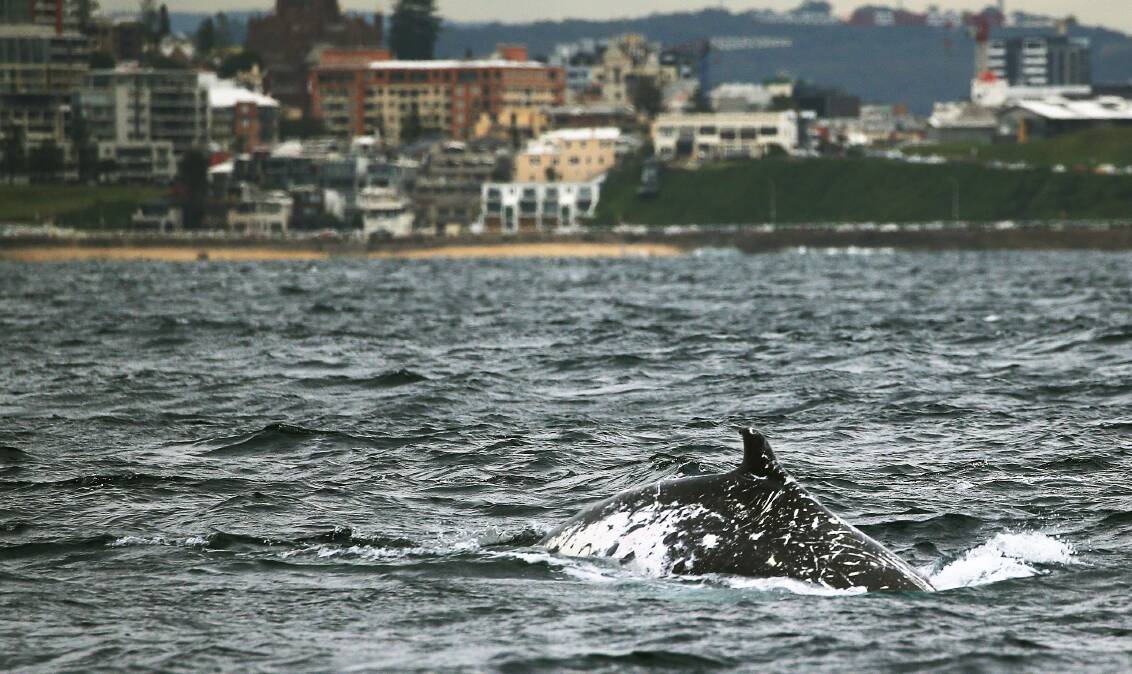
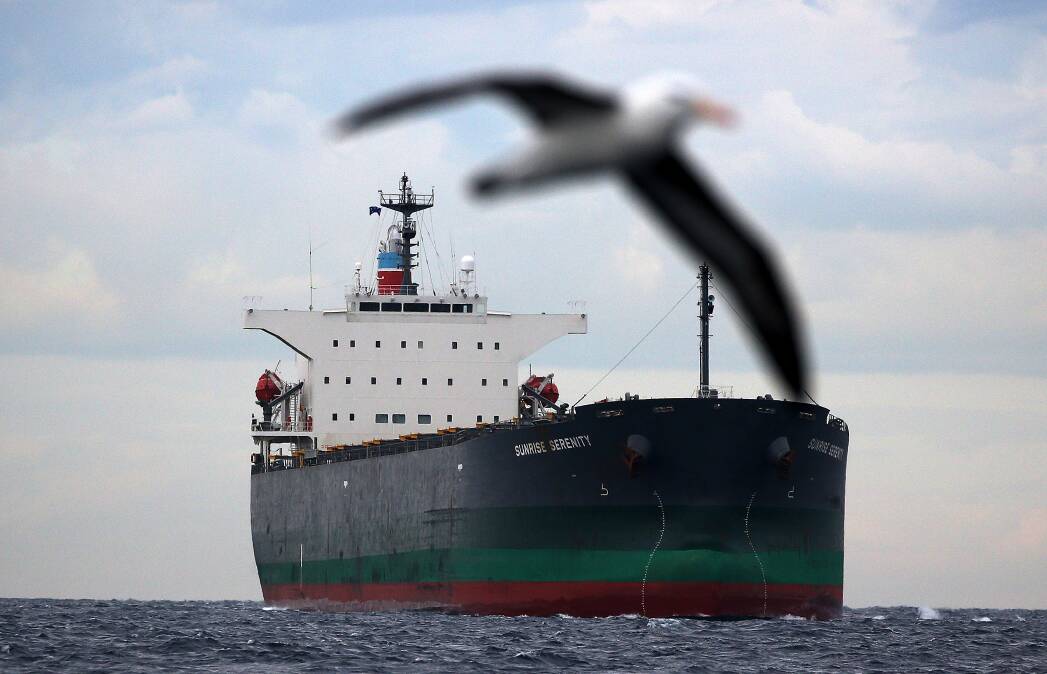
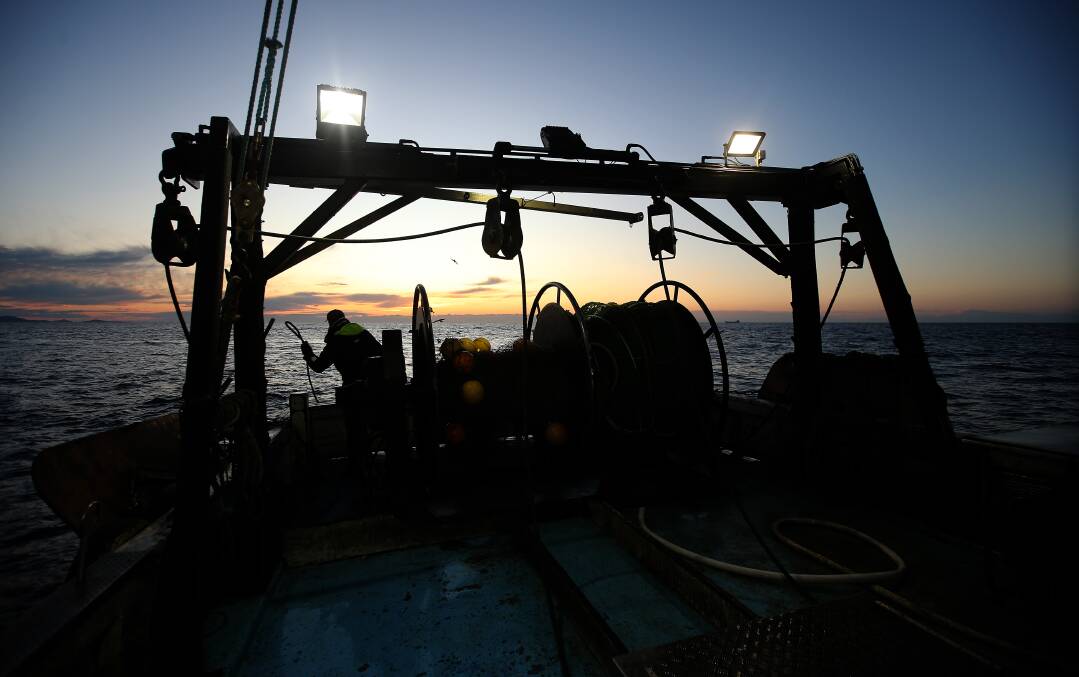
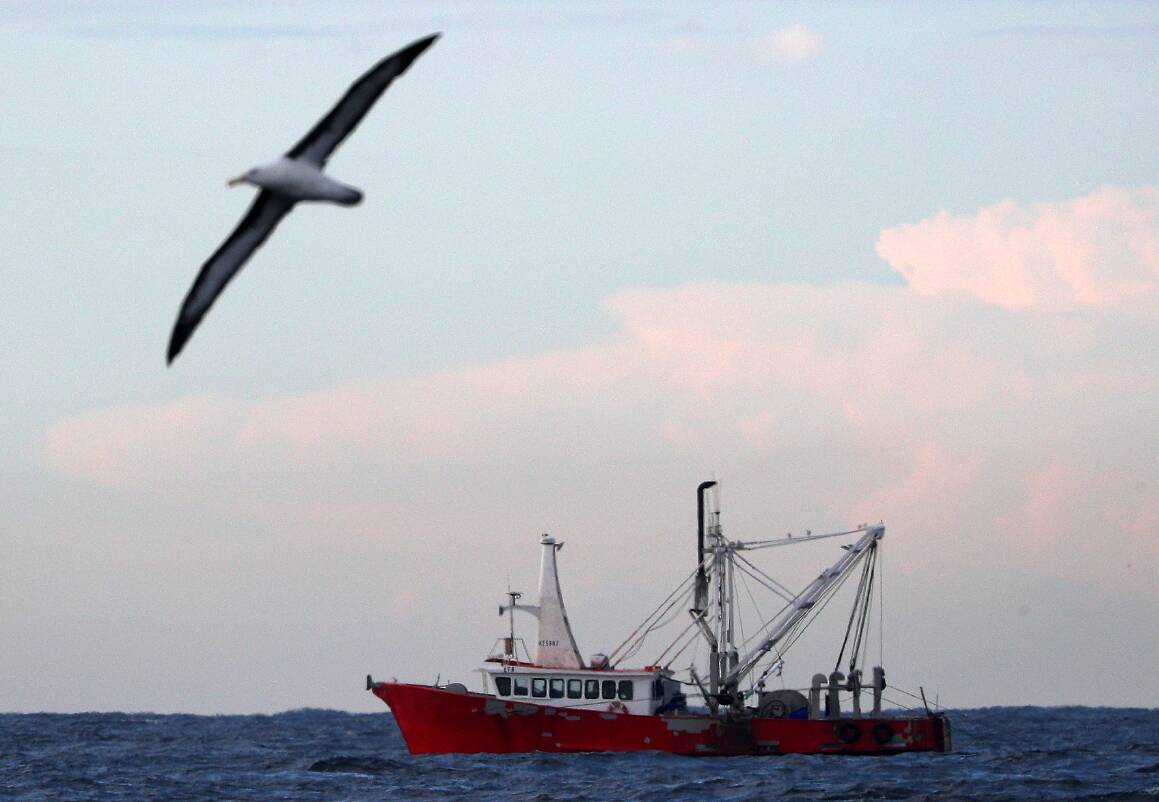
Murray and Alex run a trawler out of Wickham, heading out to sea most days to supply the Hunter and Sydney with fresh local seafood.
It's a family affair for the three-man crew - 18-year-old deckhand Bailey Curtis is Murray's partner's son.
Murray, now 62, began seafaring as a teenager.
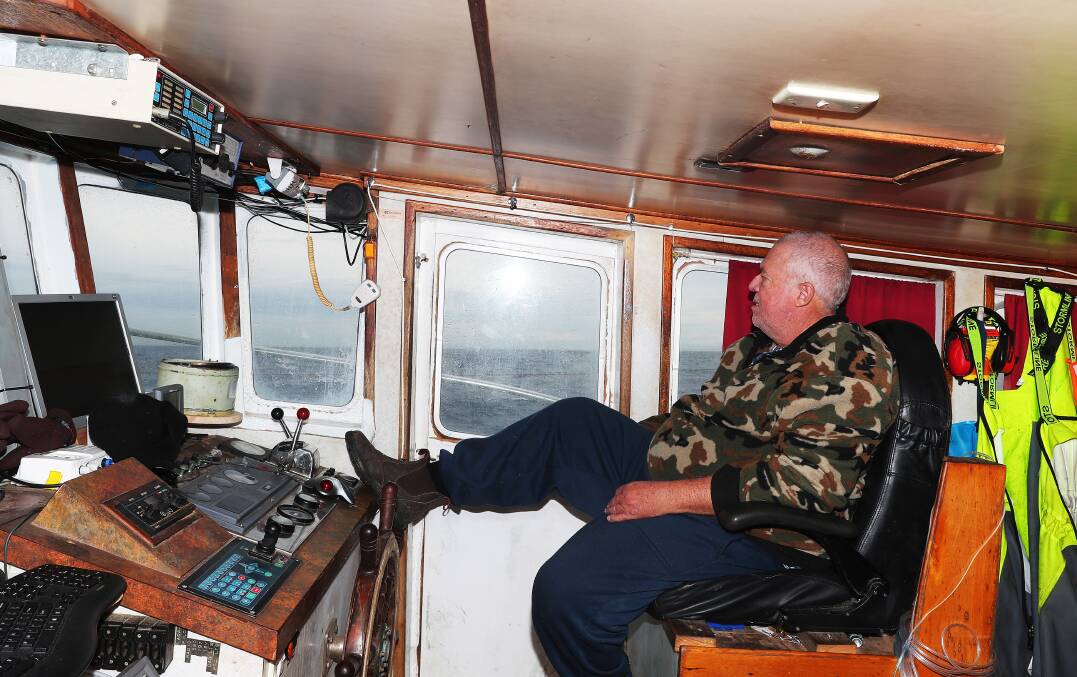
"I didn't want to go down the pits, and I loved fishing," he said.
He knew someone building a boat in their backyard, and once it went in the water, Murray was sold.
"The rest is history," Murray said. "When he retired I bought the boat off him."
That was two trawlers ago. The one after that, Ellie K, sunk about 20 kilometres east of Newcastle in 2022, with the crew, including the family dog, rescued by whale watching tour operator Dominic May.
Murray boat his current boat, Odessa, from Bermagui on the south coast.
"I bought this for Alex, it was pretty rundown when we got it," he said.
Alex, 28, has been in the industry for 10 years. But he's one of few young people taking up the job.
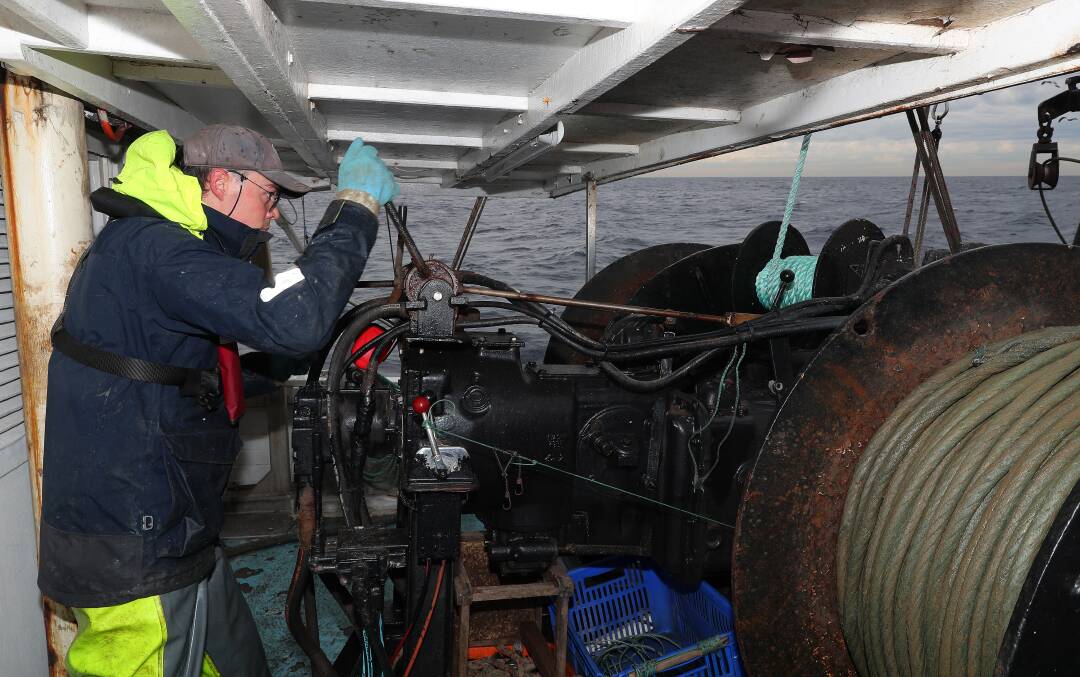
Murray said when he first started, there were about 20 fishing boats in Newcastle and 50 prawn trawlers. Now there are three fishing trawlers and less than a dozen prawners.
"If I hadn't grown up doing this, I wouldn't be doing it now," Alex said. "If I was to start from nothing - it's just too hard to get into."
While a good catch can yield decent coin, the costs make knowing what you're doing all the more crucial.
"About 95 per cent of the time we catch," Murray said. "It's too expensive to not."
Fishermen have to buy government "quotas", which is a share of the catch allowed in a fishery, specific to the species.
Fuel is another steep expense - estimated at $1000 the day the Herald was on board.
Thankfully, the day reaped good reward.
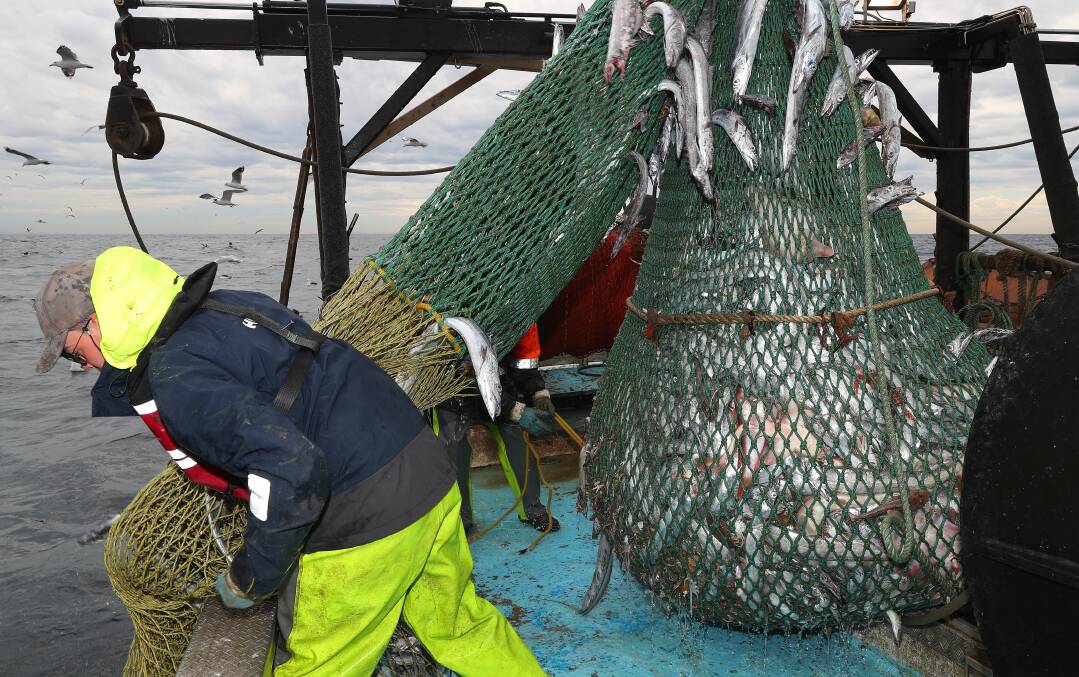
Murray jokes that "when you think you know where fish are, you don't", but his senses on the day were spot on.
The boat "shot out" just off Morna Point at Port Stephens as the sun rose across the horizon.
The "shooting out" process involves dropping the nets in first, then combination rope which is clipped up to trawl boards to spread the net open.
The net is towed for about two-and-a-half hours, and the three crew eagerly await to see what comes up.

The seabirds began to swarm as the net came out of the water. Once it surfaced, smiles appeared upon those three faces.
"This is the best shot we've done on this boat," Alex said, rating the catch as a 10 out of 10.
The day before they had mustered 14 boxes of hair tail, a species sometimes caught with hand-lines in Newcastle harbour.
When the net first came in, Alex estimated 60 boxes would result, but the flat appearance of the species was deceiving. More than 90 boxes ended up being filled.
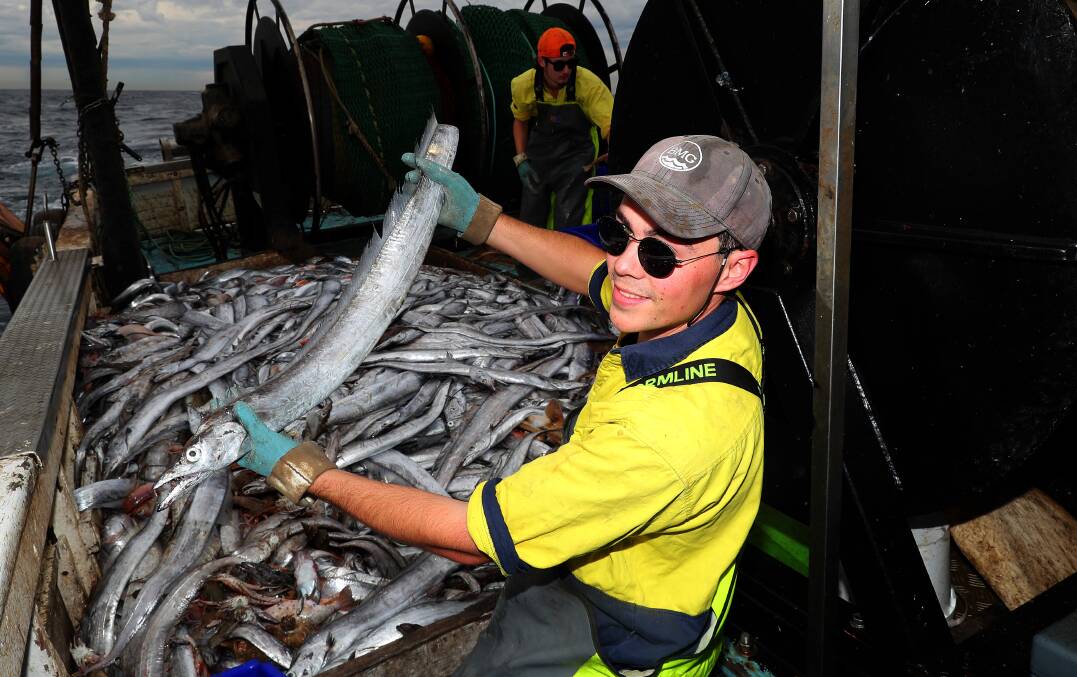
Bycatch, which can have a negative impact on the ocean environment, was also low in the catch - with about a box worth of fish thrown back for the hungry birds to fight over.
Hair tail was the most common species caught, but there were a few prized tilefish, also referred to as moonfish, which fetch a handy return.
Sometimes the crew will shoot out a second time, but there was no need on this day.
Once the boat arrived back at the co-op, the unloading process begins. Commercial Fishermen's Co-operative CEO Robert Gauta said as the fish are weighed, it is worked out where they will go to be sold.

"There's a few buyers where we know what they want," he said. "We've got three shops (Wickham, Tacoma and Swansea), and everything that we think will be sold locally gets sold immediately.
"Whatever's not sold locally gets put on the truck to Sydney that afternoon. It gets auctioned the next morning at 5am."
The co-op buys from all the local trawlers, and from about 80 inshore fisherman. Robert said they sold about 190 fish species in the co-op per year.
"Our core business is getting our members' product to market - whether its local or whether its Sydney," he said.
"Sydney Fish Market is is the biggest fish market in the southern hemisphere. So there's certainly a lot of demand in Sydney.
"We've got mullet fisherman who work on the beach during mullet run - March, April, May. Most of that product goes up to Queensland to be processed. We've got a local fisher who catches whiting, and that's exported overseas."
Just like the Hams, the co-op is affected by the irregular nature of a catch too.
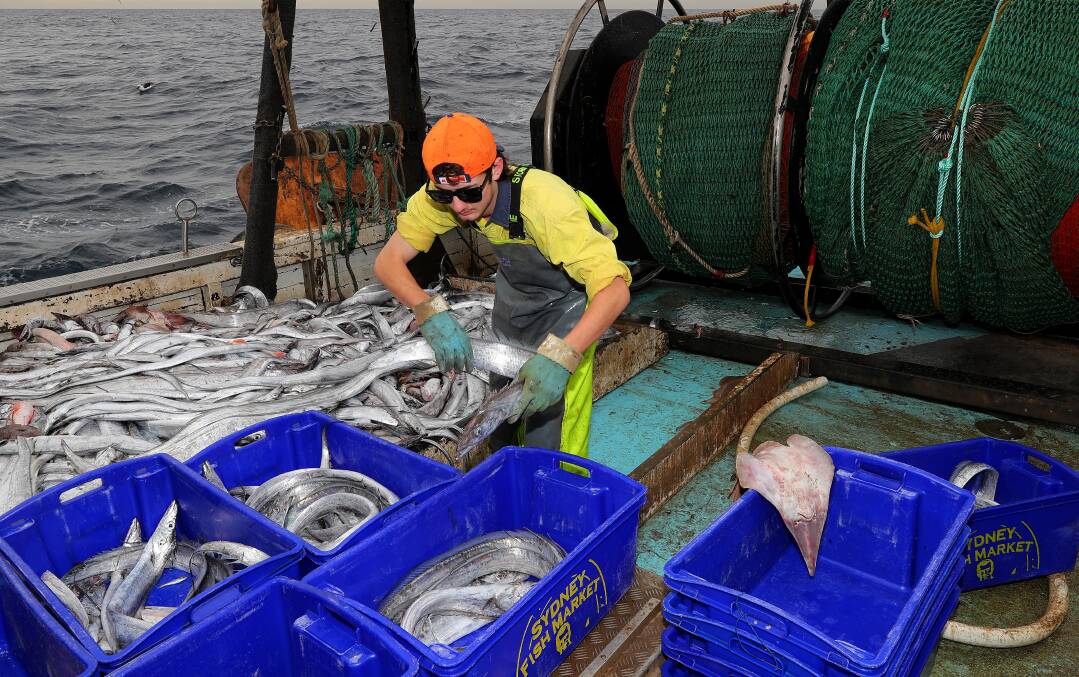
"You never know what's going to come in until you until the fishermen turn up," Robert said.
"At the end of the day if we've got it, it's local. It's fresh.
"If we haven't bought it, it means they haven't caught it.
"Customers don't understand that sometimes, they come in and want a certain fish. They say 'they've got it down the street'. Well, if they've got it down the street, it's not local.
So how does one know if a fish is fresh?
"More than likely if it's caught locally, it's fresh," Robert said.
"It's fulfilling to be able to provide consumers with fresh, safe seafood. We've got customers that are allergic to preservatives and different things and they can come to us and get a product that hasn't been preserved."
Christmas, but more so Easter, can create added pressure to catch well - with prices doubling and sometimes tripling when demand is high.
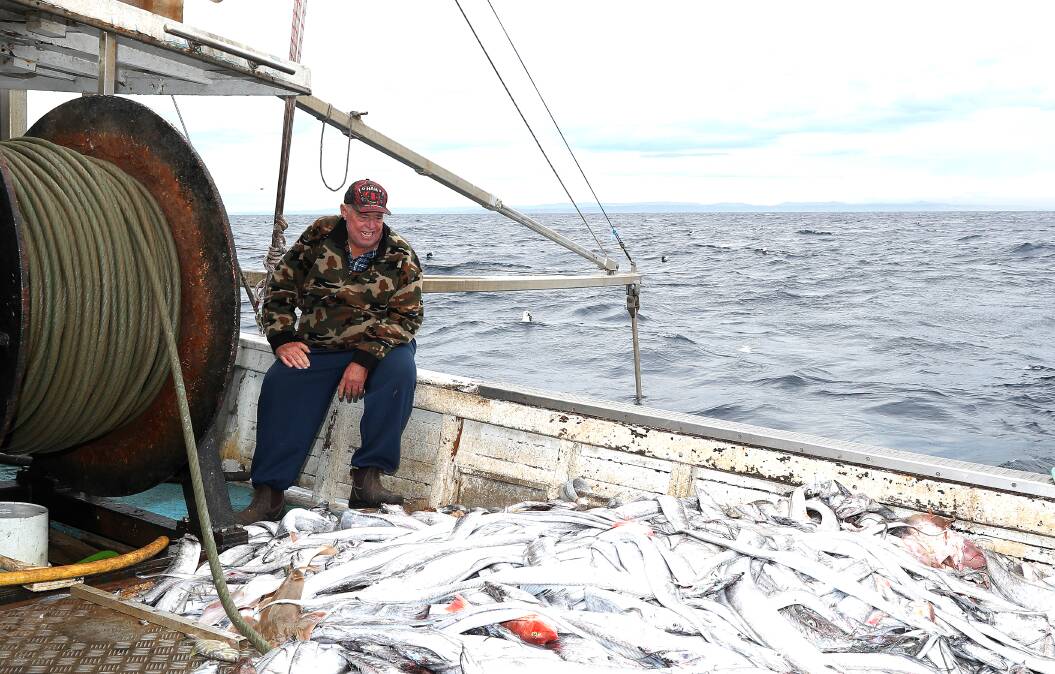
But that's all part of the job.
And how do the Hams spend their weekends?
Spearfishing.
"People don't understand this is work," Murray said. "Fridays and Saturdays are pretty sacred."
WHAT DO YOU THINK? Join the discussion in the comment section below.
Find out how to register or become a subscriber here.







